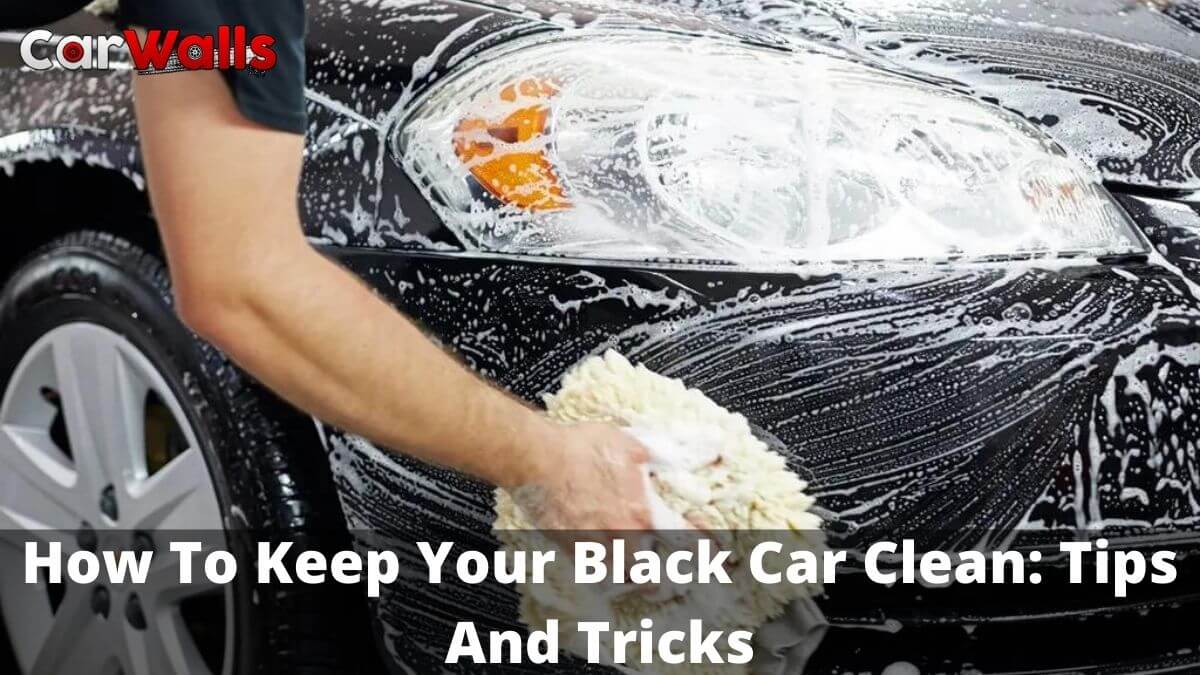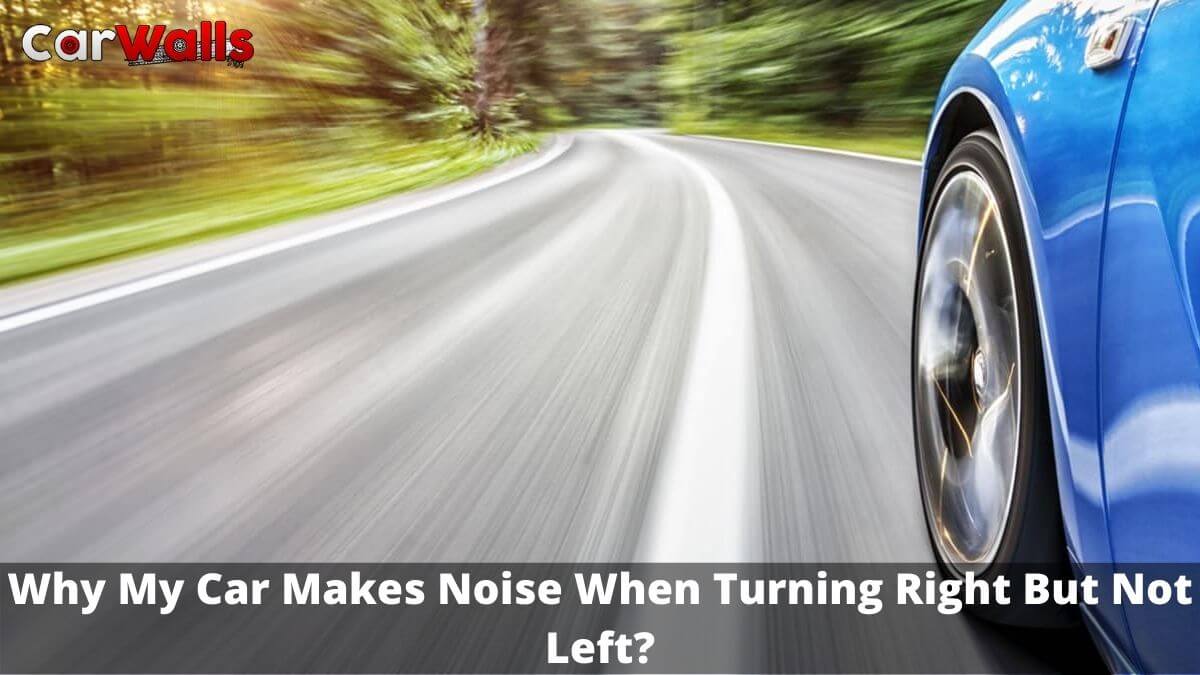If Your Brakes Are Wet You Can Dry Them By? Driving conditions can be unpredictable because you may be driving along and suddenly encounter a patch of water on the road. In most situations, water splashes onto the wheels and even the brakes but dries quickly.
However, if you were driving through a large puddle or if it was raining heavily, your brakes could be wet for some time. It is important to know how to dry wet brakes because if they are not dried properly they could not function properly.
To dry wet brakes while driving, apply pressure on the brake pedal gently while driving slowly at a lower gear. Doing this will rotate the brake pads against the rotors and thereby remove (also by evaporating) the water that’s making it wet. If you are driving in stop-and-go traffic, you can also press the brakes lightly a few times to help remove any water.
If Your Brakes Are Wet You Can Dry Them By?

You might think that drying the brakes is a straightforward process that involves picking a rag and wiping it clean. Though this is possible it will take you ages to access the brakes and clean them every time you go through a puddle of water or have to drive in the rain. However, worry not because you can simply dry your brakes even while still cruising.
All you need to do is drive slowly, maintaining a lower gear then gently depress your brake pedal. Doing this will help to rotate your brake pads against the rotors, and in turn, any water present will be removed.
As we already mentioned, drum brakes are less effective when they get wet, so you might have to press the brake pedal a few times for the water to be completely removed. Remember to do this gently to avoid skidding.
Do Wet Brakes Make a Sound?
Wet brakes make a grinding or squealing sound when they come in contact with water. This is because the water causes the pads and rotors to rust, which results in a loss of friction. As a result, your car will make a loud noise when you press the brake pedal.
Problems Caused by Wet Brakes

1. Rust
The most obvious problem caused by wet brakes is rust. When your brakes get wet, water can enter the brake system and cause the metal components to rust. Rust can damage the brake pads, rotors, and even the calipers. In extreme cases, it can even cause the brake pedal to break.
However, this only happens when the car is not driven regularly as it is not easy for rust to build up on brakes that are used frequently. Though the brakes will corrode quickly due to moisture, they will not rust as quickly.
2. Reduced Braking Power
When your brakes are wet, it takes longer for your car to stop. This is because the water reduces the friction between the pads and the rotors in the drum brakes. As a result, you need to press the brake pedal slowly and in a controlled manner to avoid skidding. In case your car starts to skid, you need to ease off the brake pedal and gently apply pressure again.
Frequently Asked Questions
Que 1: Can You Have Wet Brakes?
Ans: Yes, you can have wet brakes, though this is only possible with older model cars that use drum brakes. The newer models that use disk brakes are not affected by water as they have an open design that allows water to drip off with ease.
Que 2: Are Wet Or Dry Brakes Better?
Ans: Brakes function best when dry as this allows for optimal friction between the pads and rotors. When wet, the brakes can still function though they will not be as effective. This is because water can reduce the amount of friction between the two surfaces, which makes it harder for your car to stop.
Also Read: HOW MUCH OIL SHOULD I PUT IN MY CAR? IN A RIGHT WAY
Conclusion
You can dry wet brakes while driving, by maintaining a low gear and slower speed then gradually stepping on the gas. In case the car skids, gently ease off the brake. If you are driving an older model car with drum brakes, be extra careful as wet brakes can cause rusting. Newer models with disk brakes are not as affected by water.




![Why is My Car AC Not Blowing Cold Air When Idle? [Solved] Car AC Not Blowing Cold Air When Idle](https://carwalls.org/wp-content/uploads/2022/07/Car-AC-Not-Blowing-Cold-Air-When-Idle-1.jpg)


